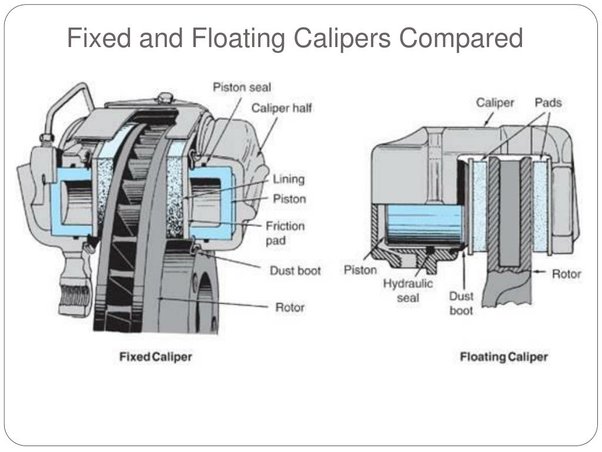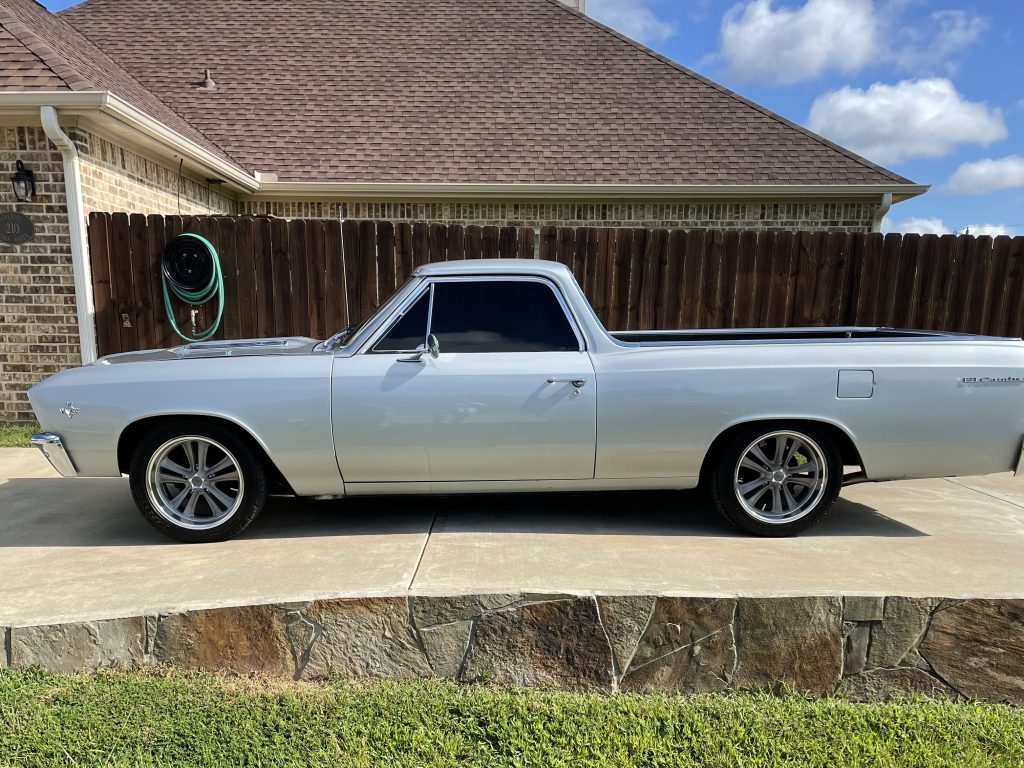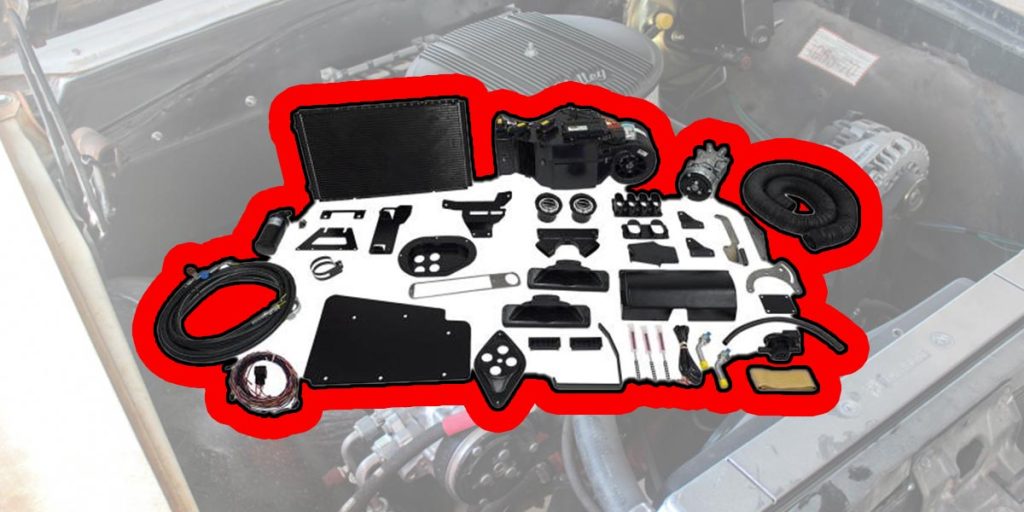Brake Calipers: What You Need To Know
When it comes to vehicle safety and performance, few components play as crucial a role as brake calipers. These unsung heroes work tirelessly behind the scenes, converting hydraulic pressure into mechanical force, allowing us to stop our vehicles safely and confidently. In this article, we will delve into the world of brake calipers, exploring their functionality, types, and importance in ensuring a smooth and safe driving experience.
Brake calipers are key components of a disc brake system, responsible for applying pressure to the brake pads, which then clamp down on the rotor to slow down or halt the vehicle. They house the pistons, which, when activated by hydraulic pressure, push the brake pads against the rotor, creating the friction necessary for effective braking.
Floating Calipers: Floating calipers are the most common type found in modern vehicles. They feature single or dual pistons on the inboard side and are designed to move laterally, allowing the brake pad on one side to make contact with the rotor. This design simplifies construction and reduces cost while providing reliable braking performance.
Fixed Calipers: Fixed calipers, also known as opposed piston calipers, consist of multiple pistons on each side of the rotor. These pistons apply force evenly and directly to both brake pads, resulting in better brake modulation and improved performance. Fixed calipers are often found on high-performance vehicles due to their superior braking capabilities.
Materials And Construction
Brake calipers are typically made from either cast iron or aluminum alloy. Cast iron calipers are known for their durability and resistance to high temperatures, making them suitable for heavy-duty applications. Aluminum alloy calipers, on the other hand, are lighter, which contributes to improved fuel efficiency and reduced unsprung weight, enhancing overall vehicle performance.

Enthusiasts and high-performance vehicle owners often seek aftermarket brake calipers to enhance their braking capabilities. Upgraded calipers may feature larger pistons, increased piston count, or improved materials such as lightweight aluminum or advanced composites. These enhancements provide better heat dissipation, reduced brake fade, and improved braking performance under extreme conditions.
Proper maintenance of brake calipers is essential for optimal performance and longevity. Regular inspection of caliper seals, pistons, and slide pins ensures they are clean, lubricated, and free from corrosion. It is also crucial to monitor brake fluid levels and replace fluid periodically to maintain consistent braking performance.

From daily commutes to spirited drives, brake calipers play a pivotal role in keeping us safe on the road and ensuring a thrilling driving experience. Whether it’s the standard floating calipers or the advanced fixed calipers, these unsung heroes deserve recognition for their contribution to both vehicle safety and performance.
If you have any other questions, need parts for your disc brakes, or even need a complete disc brake swap, hop on SS396.com or give our friendly techs a call at (203) 235-1200!





